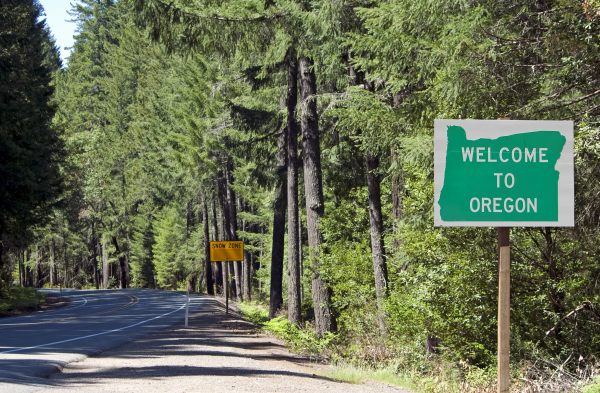What is an SR-22?
An SR-22 is a Certificate of Financial Responsibility (CFR) form sent from your insurance carrier to your local DMV. An SR-22 certificate is proof that you are insured even though you may be “high-risk.”
Why do I need an SR-22 certificate after receiving an Oregon DUI?
Most drivers do not need an SR-22 certificate. However, drivers with suspensions or convictions for driving-related violations or driving-related crimes may need proof of insurance with an SR-22 filed with the Oregon DMV. The following may trigger the need for a certificate:
- DUI arrests or convictions
- DUI driver’s license suspensions (e.g. Implied Consent suspensions)
- Reckless driving
- Accidents caused by uninsured drivers
How much will an SR-22 certificate cost?
The certificates vary depending on your insurance carrier, but they are usually under $100.
How long will I need an SR-22 certificate?
It depends on what caused the requirement for a certificate. Three years is a good rule of thumb, but speak with your attorney to determine if it might be longer or shorter.
What else do I need to know about Oregon DUI insurance?
The SR-22 certificate is not actual insurance. It is proof that you have insurance, notwithstanding the fact that you received a DUI (or a driver’s license suspension, or a driving-related violation or criminal conviction). You’ll want to make sure to communicate to your insurance agent or insurance provider that they need to send proof of actual coverage to the DMV, and a copy of the Certificate of Financial Responsibility as well. Most insurance companies are familiar with these certificates.
The certificate often isn’t an actual “certificate.” Most of the time, the certificates are sent electronically straight from your insurance company to the DMV, so you won’t actually receive something tangible in your hand. However, if you want a physical copy, ask your insurance company to send you one for your file, or to review.
In an effort to save money or perhaps just in frustration, many drivers consider cancelling their insurance and not driving at all during the length of their DUI suspension. Be careful to consider the implications before you do this. Contact your insurance company to determine the true savings before cancelling and then restarting insurance. Sometimes the savings just aren’t there. Also, consider the severe limitations– personally and employment-related– of not driving for 90 days, one year, or even three years. Many drivers start-off not driving, only to find that they have to drive at some point during their suspension. For more information on this process, please see our page on hardship permits.

